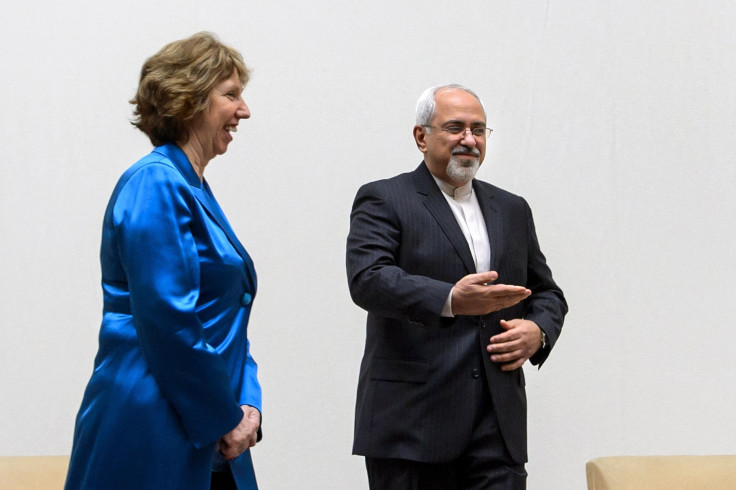Iran Presents Detailed Proposal To Strike Nuclear Deal With World Powers During Talks In Geneva

Iran’s Foreign Minister Javad Zarif presented a road map to nuclear negotiators from some of the world's most powerful countries on Tuesday in Geneva to end a longstanding row over Tehran’s nuclear program that has prompted Western nations to impose crippling sanctions on Iran, battering the oil-exporting nation’s economy.
Iran’s newly-elected President Hassan Rouhani has vowed to resolve the issue, and during a visit to New York in September, he called for striking a nuclear deal in a matter of months with the P5+1 group of nations -- U.K., U.S., France, China, Russia and Germany -- over Iran’s uranium enrichment program, which came to light in 2002. Zarif’s presentation in English sought “an end to an unnecessary crisis and a start for new horizons,” according to Iranian officials, quoted by the New York Times.
“For the first time, we had very detailed technical discussions, which carried on this afternoon,” a State Department official, who declined to be named, told the Times. “We will continue the discussions tomorrow.”
Iranian officials have sought to keep details of the negotiations under wraps until a breakthrough is reached, but Iranian news agency ISNA reported, citing Iran’s Deputy Foreign Minister Abbas Araqchi, that Iran has reiterated its right to enrich uranium and would continue to do so for tapping nuclear energy despite demands from the West to halt its nuclear program altogether. However, Tehran is willing to allow greater transparency regarding the process, which Iran said would be monitored by the International Atomic Energy Agency, or IAEA.
Following Zarif’s presentation, Araqchi met with U.S. Under Secretary of State for Political Affairs Wendy Sherman, who is leading the American delegation to the talks, and, although details of the discussions or the presentation were not disclosed, the interactions generated considerable interest and were seen as unusual.
State Department spokesperson Jen Psaki said during a press briefing in Washington on Tuesday that discussions were on a “technical level” and “since the technical conversations and discussions are ongoing, I don’t think we’d characterize it as a breakthrough at this stage. However, it certainly is positive that there was enough information to have technical discussions.”
© Copyright IBTimes 2024. All rights reserved.












